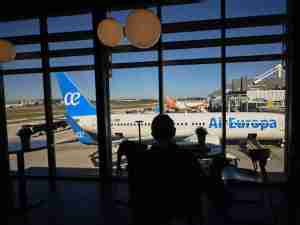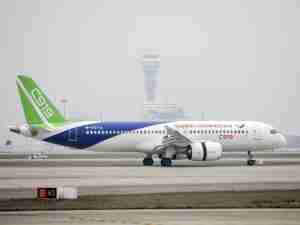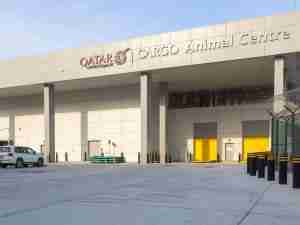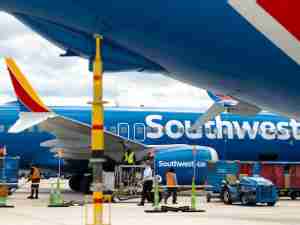Schiphol “Milk Run” collaboration set to optimise supply chain and cut CO2
posted by AJOT | Aug 24 2015 at 05:32 PM | Air Cargo
An innovative partnership project between members of the Schiphol logistics community, organized by the steering committee forwarders of Air Cargo Netherlands, aims to optimise the inbound supply chain at Schiphol and reduce CO2 , by streamlining the delivery of import shipments from handling agents to forwarders’ warehouses.
Currently undergoing proving trails, the new “Milk Run” concept would replace forwarders’ own truck collections from all handling agents, with a single delivery from the handling agent to multiple forwarders’ facilities.
This would dramatically reduce truck traffic on and around the airport, so cutting truck queues. This, in turn, would improve service for forwarders, release their vehicles and drivers for other more profitable activities, and cut CO2 emissions.
The launch partners in the new Milk Run service are DHL, Panalpina, Nippon Express, Menzies (as the handling agent triallist and scheme manager), Bos Logistics (which provides the collection and delivery service on behalf of Menzies) and community system provider Cargonaut. Another ten forwarders will take part in later trials.
The Milk Run system will incorporate an online portal that enables all participants to monitor their shipments prior to arrival at Schiphol, until the freight is delivered to the forwarder’s door, bringing greater transparency to the entire import process.
Luc Scheidel, Commercial Director of Cargonaut, is eager to point out that the Schiphol community’s well-documented collaboration has once again enabled an innovation that would not otherwise have been possible. He explains: “In the Milk Run, innovation has been achieved through commitment and collaboration from the industry, and the launch partners have co-funded the initiative.
“This is yet another example of how the Schiphol community’s close collaboration enables progress to be made that no individual party could accomplish on its own. This is as important as the early results, which incidentally look very promising.”
Adds Dimitri Brink, Business Unit Manager Amsterdam, Panalpina World Transport B.V.: “We wanted to be involved in the Milk Run as we are keen to support any initiative that saves time and improves efficiency in the airfreight supply chain. The Milk Run is already exceeding our expectations, freeing up our vehicles and drivers, and giving us earlier access to import freight. If this success can be extended to all imports through Schiphol, it will score yet another advantage for the airport in its role as a major gateway for Europe.”
To date, the number of vehicle movements used to handle the import traffic between the participants has already been reduced by 30%, with load factors increasing from an average 25% to over 60%. The Milk Run pilot will run until the end of 2015, when a full evaluation will take place. If the trial is considered a success, the eventual aim is to operate a similar facility for export cargo.











